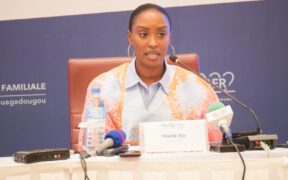Tag:
access
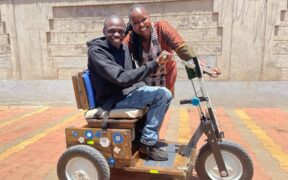
Discover the work of Kupenda for the Children in supporting young people with disabilities affected by sexual abuse. Read the interview with Stephen Kitsao and learn how he counsels families impacted by disability.
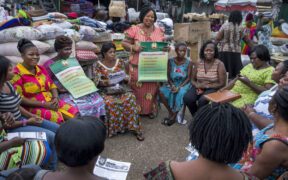
At Knowledge SUCCESS, we work closely with family planning and reproductive health (FP/RH) projects around the world to support their knowledge management (KM) efforts—that is, to share what works and what doesn’t work in programs, so we can learn from each other, adapt and scale up best practices, and avoid repeating past mistakes.
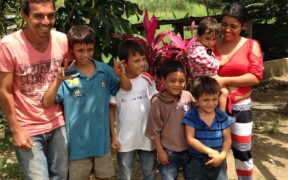
En Ecuador, si bien ha habido importantes avances políticos que reconocen a las personas con discapacidad (PCD) como titulares de derechos, persisten muchas situaciones de exclusión debido a las condiciones de pobreza o pobreza extrema que afectan a muchas PCD, y el acceso real a la salud de las PCD sigue sin lograrse.
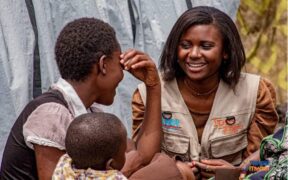
Gender inequality and gender-based violence (GBV) are serious concerns for refugees from the DRC. In the spring of 2022, the conflict in Eastern DRC escalated when the Mouvement du 23 Mars (M23) rebel military group engaged in fighting with the government in the North-Kivu province.
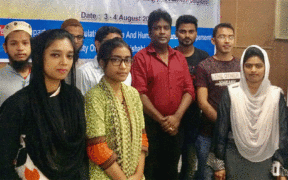
Knowledge SUCCESS’ Brittany Goetsch chatted recently with Dr. Mohammad Mosiur Rahman, Professor, Department of Population Science and Human Resource Development, University of Rajshahit, the principal investigator (PI) of the research team, to learn how they used secondary data sources to explore the similarities and differences in facility readiness to provide FP services across 10 countries.
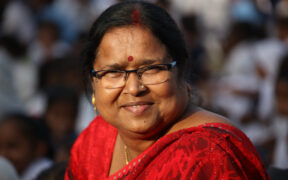
A team of four faculty - Isha Karmacharya (lead), Santosh Khadka (co-lead), Laxmi Adhikari, and Maheswor Kafle - from the Central Institute of Science and Technology (CiST) College wanted to study the impact the COVID-19 pandemic had on FP commodities procurement, supply chain, and stock management in Gandaki province to determine if there were any variations and effect on FP service delivery. One of the team members from Knowledge SUCCESS, Pranab Rajbhandari, talked with the study’s Co-Principal Investigator, Mr. Santosh Khadka, to learn about their experiences and learning of designing and implementing this study.
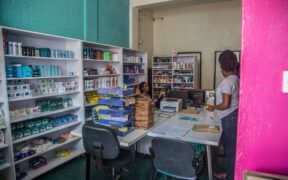
We are pleased to introduce our new blog series, FP in UHC, developed and curated by FP2030, Knowledge SUCCESS, PAI, and MSH. The blog series will provide valuable insights into how family planning (FP) contributes to the achievement of Universal Health Coverage (UHC), with perspectives from leading organizations in the field. This is the second post in our series, focusing on engaging the private sector to ensure that FP is included in UHC.
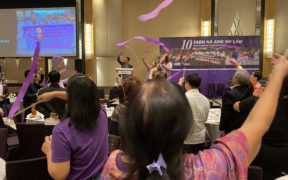
Reproductive health advocates in the Philippines faced a tough 14-year long battle to turn the Responsible Parenthood and Reproductive Health Act of 2012 into a landmark law in December 2012.



